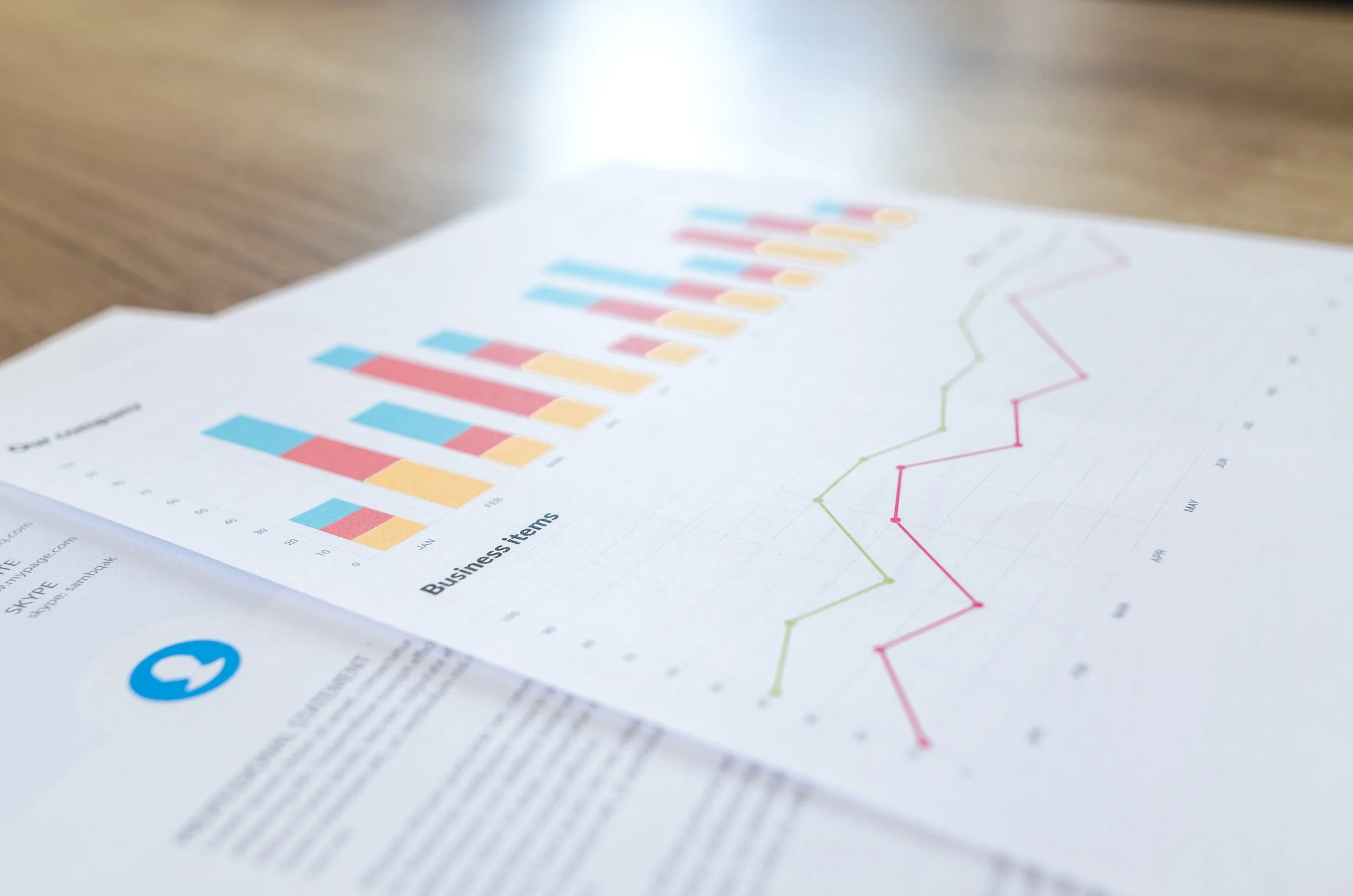This is not yet the worst recession in modern history, but there is a very good chance that it could be. In April, unemployment spiked with the one-month increase in new claimants rising at its fastest rate since 1947.
How does the shape of the recession affect the economic response?
The economic effects of the Covid-19 pandemic are set to be vast. Recent forecasts from the Bank of England suggest that UK GDP could fall by over 25% in Q2, with unemployment rising to 9%[1], despite almost 9 million jobs being supported by the Government’s furlough scheme. These are eye-watering figures.
How has Covid-19 affected how we move around in cities?
Covid-19 and deprivation - Metro Dynamics explores the links
A shock to the system: eight lessons for today from the aftermath of the financial crisis
How can investment level up the UK?
Our Towns: A practical guide to policy for towns
Convention of the North with NP11 launch a Manifesto for the North
Community building through public places
Can improving the work environment help solve the UK’s health problem?
Amidst all the discussion surrounding the newly released deprivation data for England, one finding stands out – wherever you are, there are clear correlations between the different “domains” of deprivation.
Deprivation: A Changing Picture for England?
The release of the English Indices of Deprivation provides a base from which to track the country’s progress since 2015, both socially and economically. An EU referendum and three Prime Ministers later, the past four years have brought with them two simple, but interesting questions: What has changed, and where has it changed?













